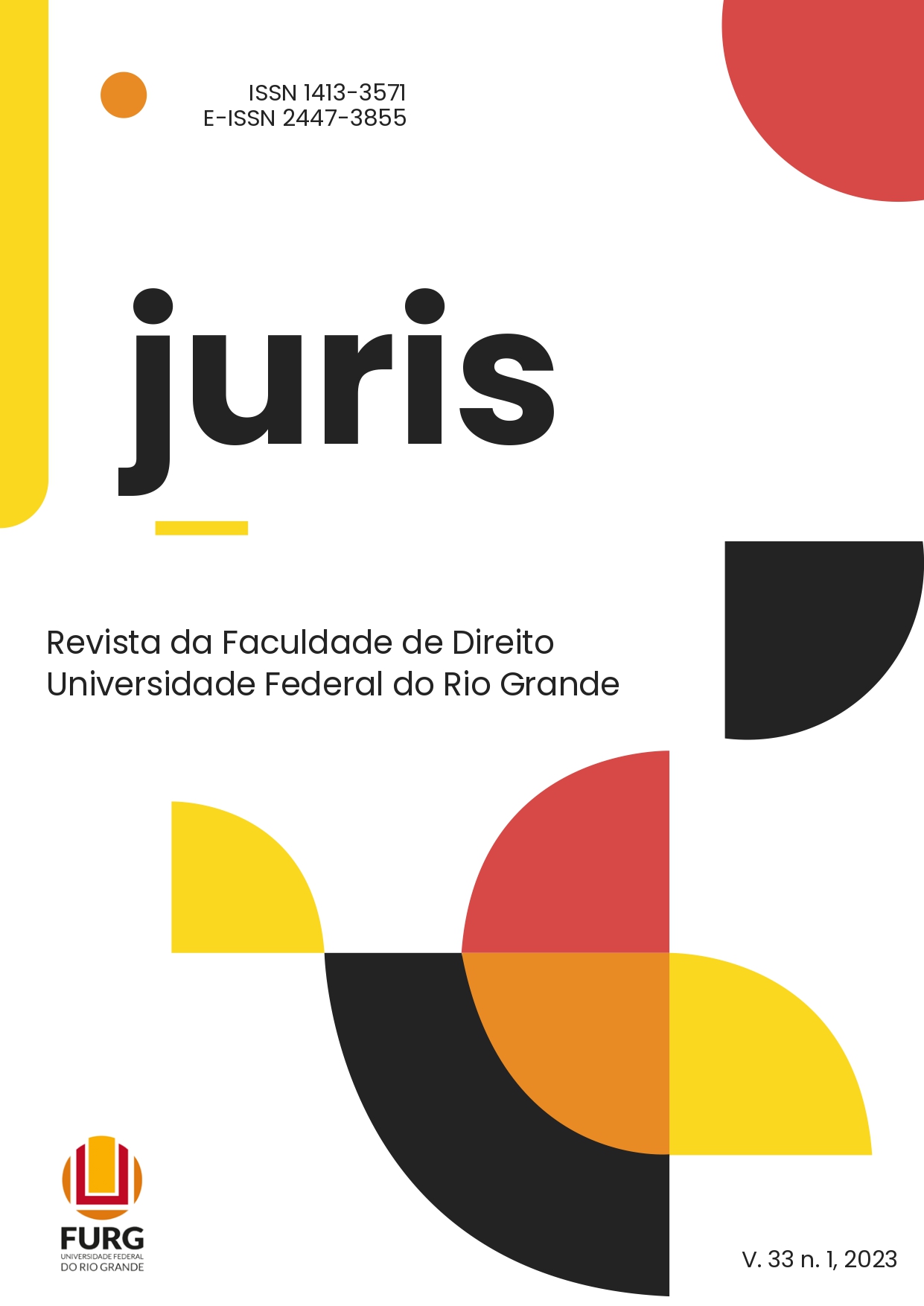Statute of limitations and rule of law
DOI:
https://doi.org/10.14295/juris.v33i1.16791Keywords:
Criminal statute of limitations, Rule of Law, Constitutional LawAbstract
It reflects on the triple anchorage (constitutional, substantive criminal and procedural criminal) with close connection between them that explains the basis of the statute of limitations in the criminal law and criminal procedure of the constitutional rule of law: the self-limitation of ius puniendi ("political" element), the lack of need for punishment ("natural" element) and due process ("artificial" element). After analyzing how this legal institution behaves in relation to retribution and the preventive purposes of punishment, the variables of deservedness and necessity of punishment are introduced, as well as those of the seriousness of the crime and the "fundamental right to oblivion" linked to the reasonable duration of the process as arguments in favor of its material legal nature.
Downloads
Downloads
Published
How to Cite
Issue
Section
License

This work is licensed under a Creative Commons Attribution 3.0 Unported License.
Ao encaminhar os originais, o(s) autor(es) cede(m) os direitos de publicação para a JURIS.







